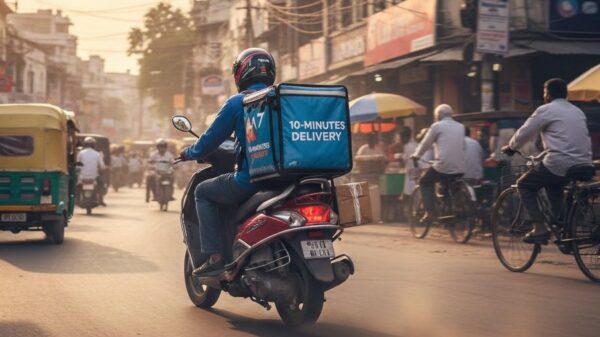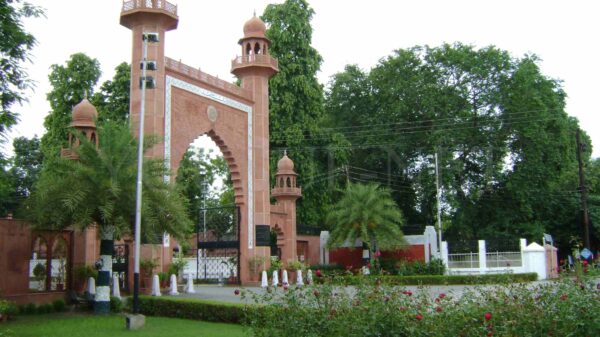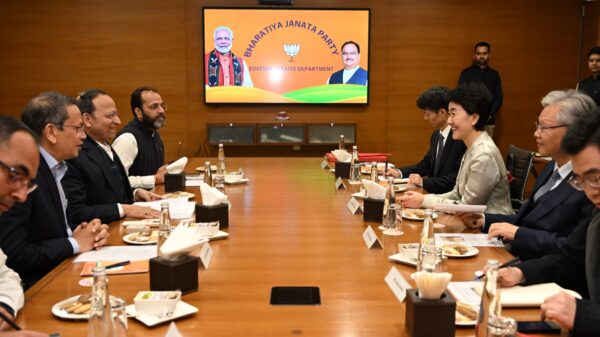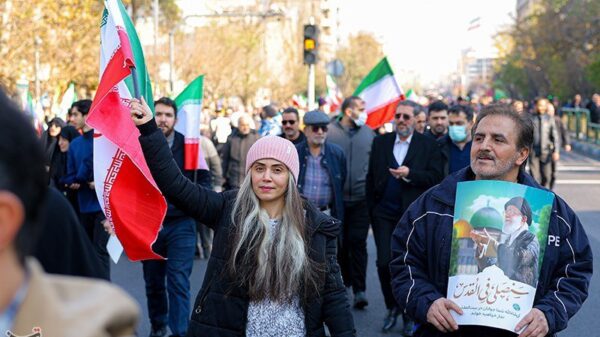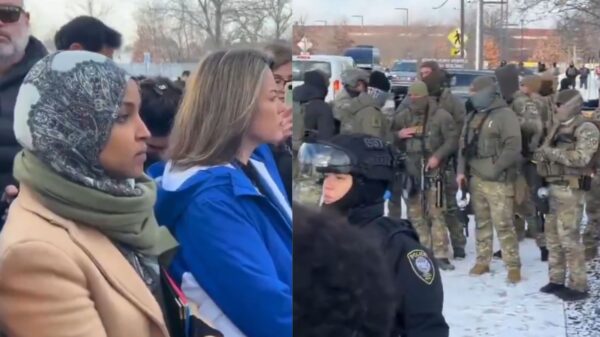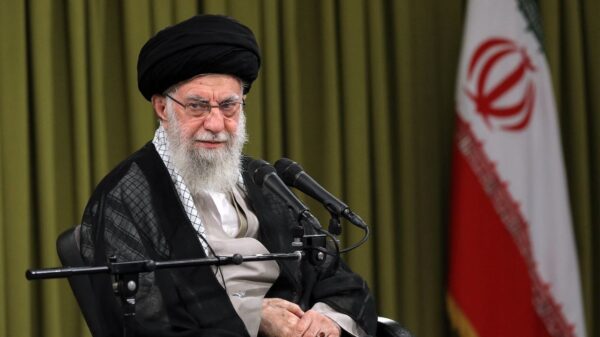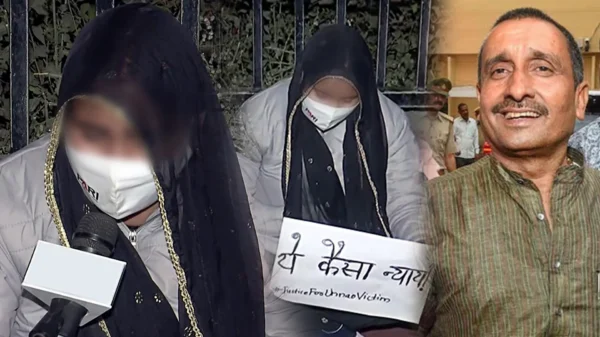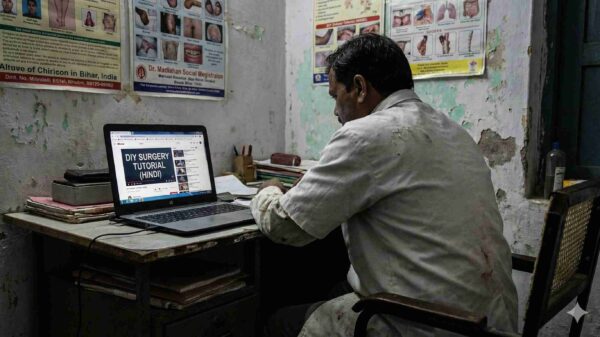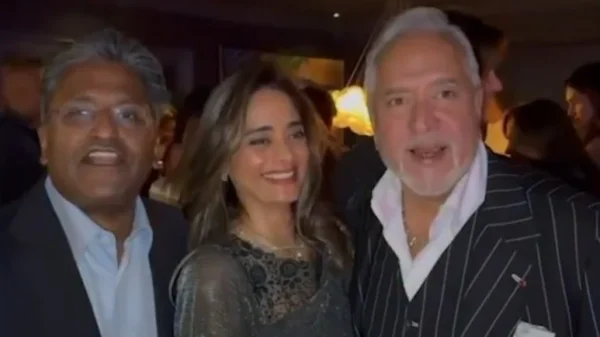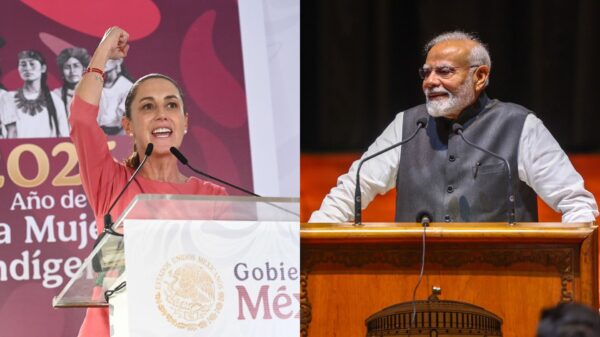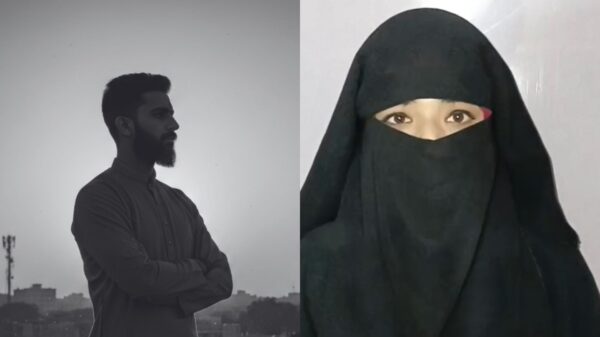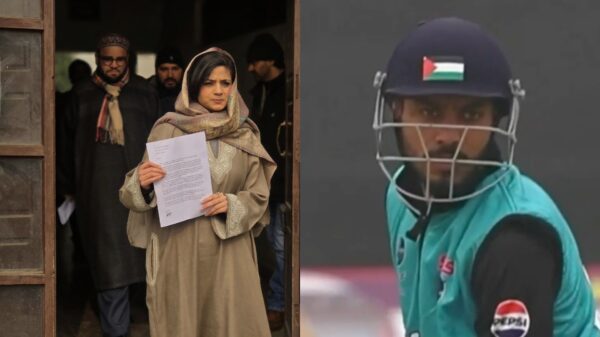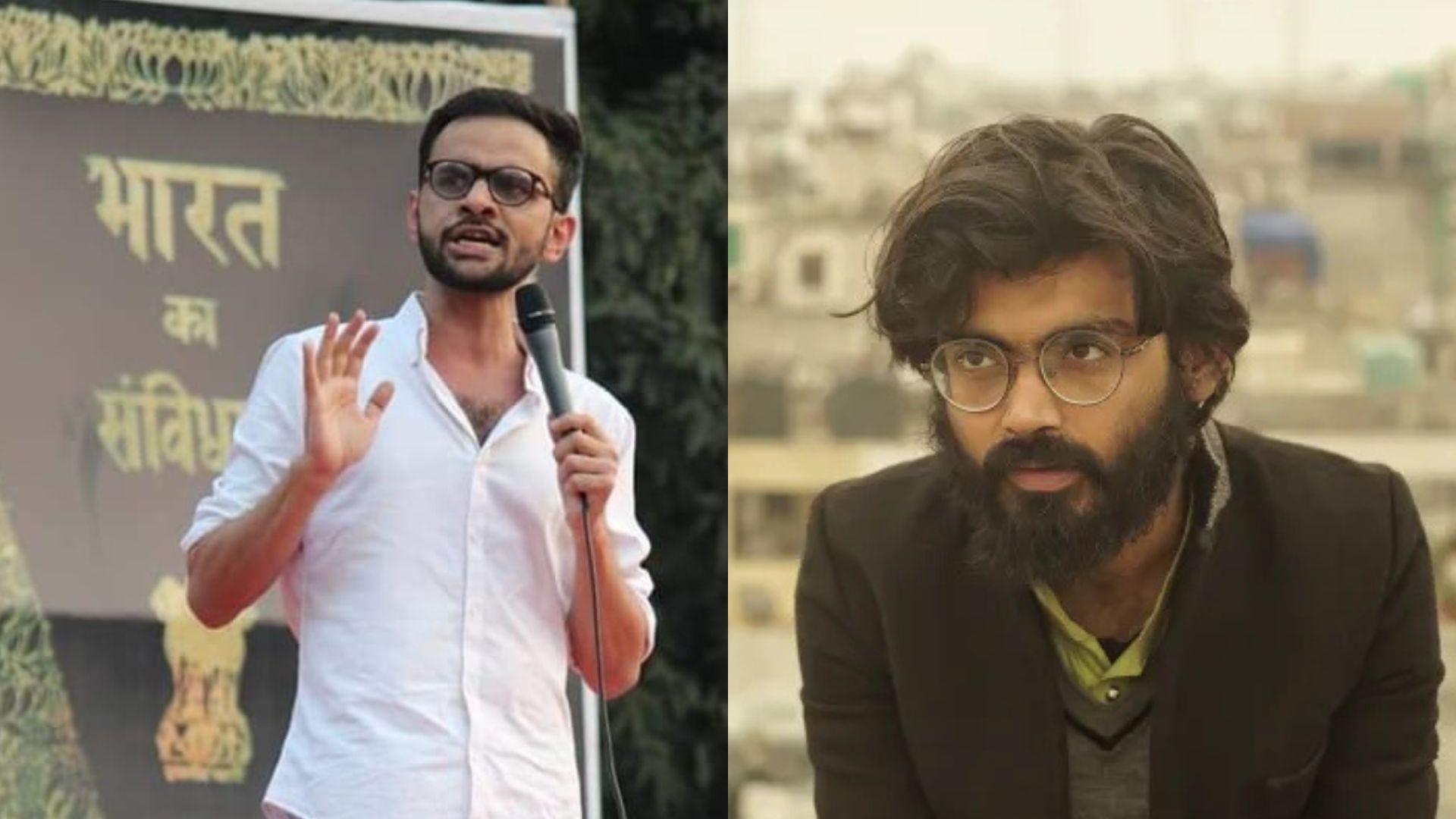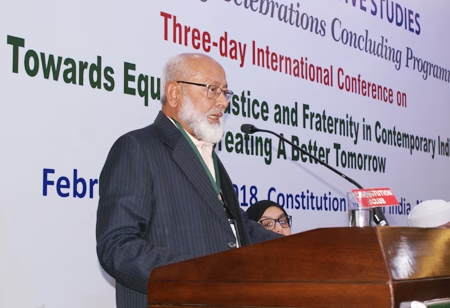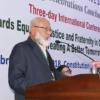The Delhi Police on Thursday told the Supreme Court that activists Umar Khalid and Sharjeel Imam, along with others accused in the 2020 Delhi riots case, were “playing the victim card” by seeking bail on the grounds of prolonged imprisonment. The police argued that the accused were not victims but “key conspirators” behind the riots, claiming that Khalid had mentored Imam in planning the first phase of violence.
According to the police affidavit, the riots were not spontaneous but a “deep-rooted and pre-planned conspiracy.” The document stated, “The evidence collected before the execution of the conspiracy — including communications and coordinated plans — shows a clear meeting of minds.” It further claimed that the intention behind the plan was to bring the country into disrepute through “targeted and strategic actions.”
The police said the accused had deliberately delayed the trial and could not now seek bail on the ground of long incarceration. “Their conduct and the evidence against them disentitle them from any relief,” the affidavit stated.
Rejecting the argument that the trial would take too long because of 900 witnesses, the police called it a “red herring” designed to mislead the court. They also alleged that Khalid and Imam disrupted the “secular fabric” of Jawaharlal Nehru University (JNU) by forming a communal WhatsApp group called “Muslim Students of JNU” and using students of Jamia Millia Islamia to spread unrest.
“They began instigating students at Jamia and Shaheen Bagh, adopting the Chakka-Jaam (road blockade) model in the name of protest. The plan was to convert it into a violent disruption targeting police and non-Muslims,” the police said.
The affidavit claimed that Imam, “under the guidance of Khalid and other top conspirators,” engineered the first phase of riots between December 13 and 20, 2019. It also accused Khalid of holding a “secret meeting” in Seelampur in January 2020 with activists Gulfisha Fatima, Natasha Narwal, and Devangana Kalita, where he allegedly instructed them to gather knives, bottles, acid, and stones for riots.
According to the police, Fatima played a key role in turning peaceful sit-ins into violent protests, while Meeran Haider, another accused, managed multiple protest sites and collected funds to attack police and civilians.
The Supreme Court will hear the bail pleas of Khalid, Imam, and others on Friday before a bench of Justices Aravind Kumar and N.V. Anjaria. All of them have been charged under the Unlawful Activities (Prevention) Act (UAPA) and various sections of the Indian Penal Code for allegedly masterminding the riots, which killed 53 people and injured over 700.
The violence took place during protests against the Citizenship (Amendment) Act (CAA) and the National Register of Citizens (NRC). The Delhi High Court had earlier denied them bail, saying violence “under the guise of protest” could not be tolerated.







